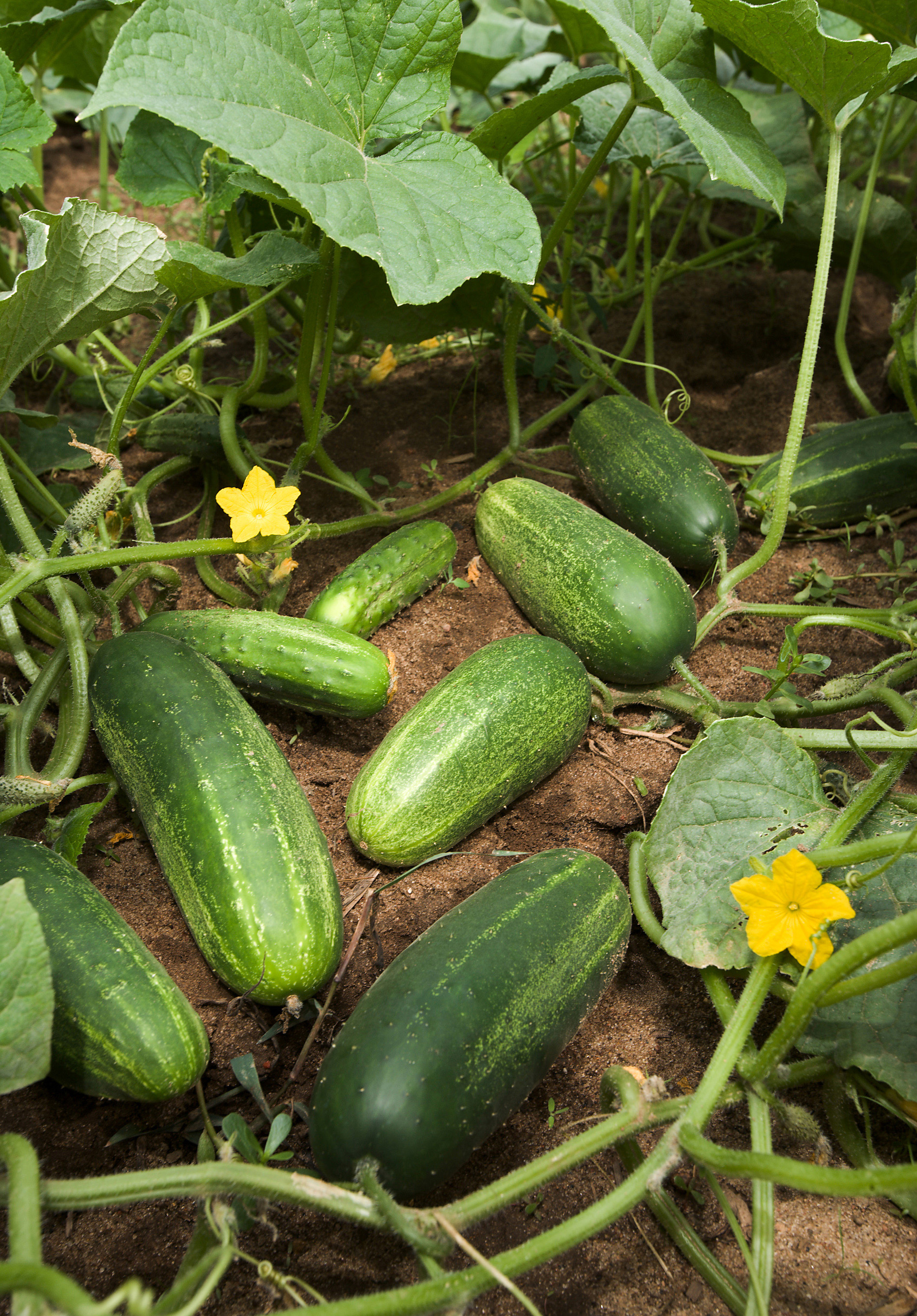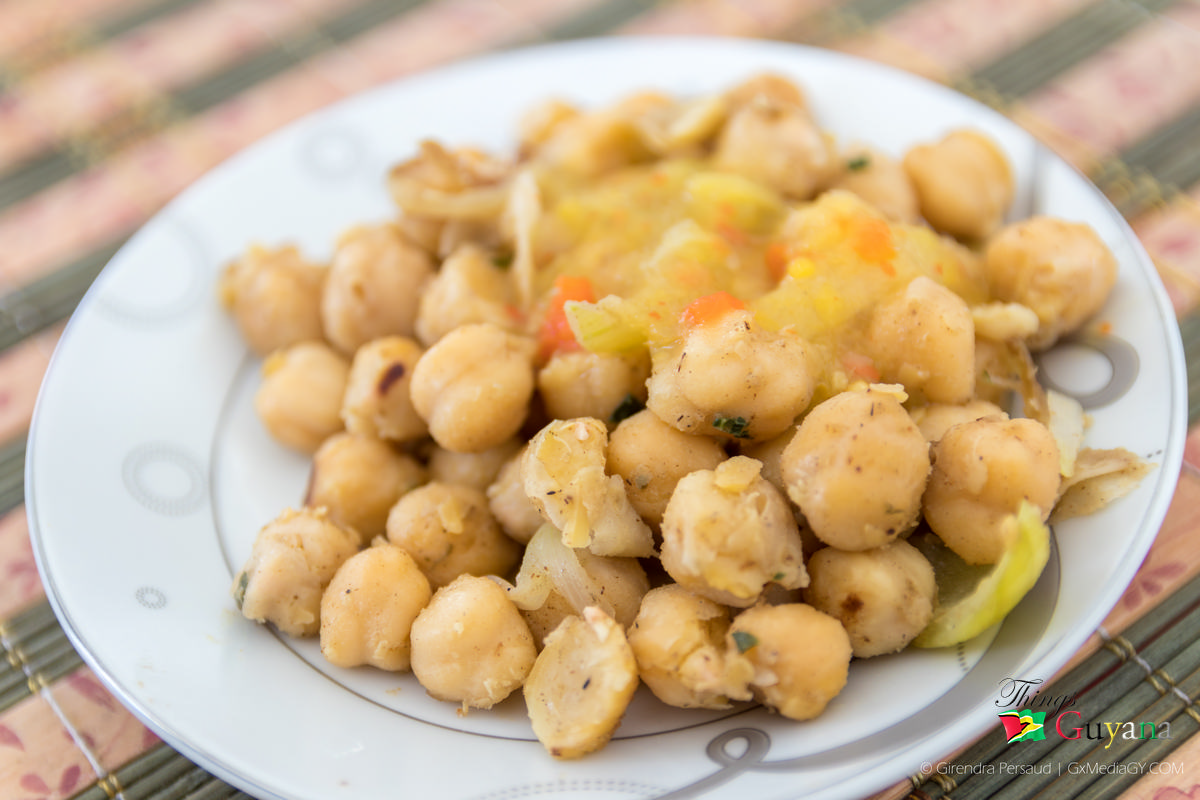The cucumber (Cucumis sativus) is a member of the Cucurbitaceae family, along with squash and different kinds of melon. They are high in water and low in calories, fat, cholesterol, and sodium. They have a mild, refreshing taste and a high water content. Cucumbers can be refreshing and pleasant to eat in hot weather and help prevent dehydration. It is eaten savory, but it is strictly a fruit.
Cucumbers have been grown in India for food and medicinal purposes since ancient times, and they have long been part of the Mediterranean diet. Depending on the type, cucumber can be sliced in a salad or eaten whole as a snack or to clean the palate after a meal. They can be consumed with or without the skin. They are also featured in a number of beauty products.
Where Did Cucumber Come From?
Cucumber was originated from South Asia, but now it is cultivated on most of the continents. The Cucumber was cultivated in Western Asia for at least 3,000 years and then introduced by Romans to other parts of Europe. The evidence shows that Cucumber was cultivated in ninth century in France, fourteenth century in England and by mid-sixteenth century in North America.
Description Of Cucumber
The cucumber plant is a sprawling vine with large leaves and curling tendrils. The plant may have 4 or 5 main stems from which the tendrils branch. The leaves of the plant are arranged alternately on the vines, have 3–7 pointed lobes and are hairy. The plant produces yellow flowers that are 4 cm (1.6 in) in diameter. Its fruit varies in shape but is generally a curved cylinder rounded at both ends that can reach up to 60 cm (24 in) in length 10 cm (3.9 in) in diameter.
Nutritional Value Of Cucumber
One cup (104 grams) of Cucumber provides 16 calorie, 0.68 gram of protein, 0.11 gram of fat, 3.78 gram of carbohydrate and 0.5 gram of dietary fiber. The same amount provides 14.25% of Vitamin K, 5.38% of Vitamin B5, 4.78% of Copper, 3.63% of Iron and 3.57% of Phosphorus.
10 Superb Health Benefits Of Cucumber
- Skin health – Cucumber possess high amount of silica that helps to develop the healthy and strong connective tissues in the ligaments, cartilage, tendons, muscles and bone. The high presence of silica provides a brighter and healthier skin. Cucumber is high in water content which helps to hydrate the body. It is also used to treat various skin ailments such as swelling and sunburn. The compound such as caffeic acid and ascorbic acid helps to avoid water loss from the body.
- Prevent kidney stones and constipation – Cucumber contains fiber and water which prevents from kidney stones and constipation. The daily intake of Cucumber increases the fiber intake. Cucumber is also a great source of potassium, Vitamin C, silica, Vitamin A and magnesium. All these nutrients provide various health benefits.
- Maintains blood pressure – The studies show that the high intake of potassium, magnesium and fiber helps to lower the blood pressure and maintains it to normal levels. The intake of the diet rich in these complexes with the diet such as low fat diary items, seafood, lean meat and poultry reduce the systolic pressure by 5.5 points and diastolic pressure by 3.0 points.
- Prevent diabetes – The hormone found in Cucumber is essential for the production of insulin by the beta cells. Cucumber has zero Glycemic Index. The carbohydrates raise the level of glucose but the carbohydrates in Cucumber could be digested by the diabetic patients easily. The intake of Cucumber helps to maintain the glucose levels.
- Body function – Cucumber eliminates the toxins and waste from the body. It also effectively treats arthritis as it clears the uric acid. It assists in the secretion of urine. It also enhances the function of liver, kidney, urinary bladder and pancreatic functions. It is effective for controlling diabetic mellitus and blood pressure. The daily intake of Cucumber juice helps to treat eczema and gout. The addition of Cucumber to the diet prevent from stomach and lung problems. It enhances the flexibility of muscles, promote blood circulation and soothe nerves. Cucumber is rich in minerals which prevent the nail split on the toes and fingers.
- Heart health – Vitamin K in Cucumber prevent from arteries calcification that leads to heart attacks. It prevents deposit of hard and harmful plaque. Vitamin K is an essential nutrient that reduces inflammation and protects cells. The intake of Vitamin K is essential to maintain healthy blood pressure and reduce the risk of cardiac arrest.
- Menstrual problems – Vitamin K assists to regulate the hormone function that helps to lower the PMS cramps and menstrual pains. It is helpful for excessive bleeding and provides relief from PMS symptoms. The excessive bleeding is the cause for more pain and cramps during menstrual cycle. The studies shows that the deficiency of Vitamin K worsen these symptoms.
- Prevent cancer – Vitamin K reduces the chances of colon, prostate, nasal, stomach and oral cancer. The study shows that the high Vitamin K helps to stabilize liver cancer and enhance their liver function. The diet rich in Vitamin K reduces the chances of cancer and cardiovascular disease.
- Blood Clot – Vitamin K speeds up the healing of bruising and bleeding of cuts. The deficiency of Vitamin K results to the Haemorrhagic disease of newborns where the blood clotting does not take place properly. The study shows that newborns should be given Vitamin K injection at birth in order to eliminate HDN.
- Bone health – The studies show that an adequate intake of Vitamin K can prevent osteoporosis in people. Vitamin K is essential to use calcium in order to build bones. Vitamin K can promote bone health and lower the chances of bone fractures. The studies reported that Vitamin K increase the mineral density of bones in osteoporotic patients along with lowering the fracture risk. Vitamin K has the positive effect on the calcium balance which is vital for metabolism of bones.
Traditional Uses Of Cucumber
- The fruit is used to treat skin blemishes, heat rash, burns, scalds, sores, wounds and also to soften, moisturize and whiten skin.
- The ripen raw cucumber fruits is used to cure sprue
- In Indo-China, immature fruits are cooked which is used to treat dysentery.
- The seed is used as taeniacide.
- The juice which is extracted from leaves is helpful to treat dyspepsia.
- Cucumbers are used in India to relieve headaches.
About Cucumber
Cucumbers are widely cultivated and makes a nutritious addition to any diet. It is usually considered a vegetable because of how it’s used in the culinary world. However, as it grows from flowers and contains seeds, it’s botanically a fruit. Regardless of its fruit or vegetable status, there are countless ways to enjoy cucumber in your cooking or beauty routine.
Article References:
- https://www.healthbenefitstimes.com/cucumber/
- https://www.medicalnewstoday.com/articles/283006.php
- https://www.livescience.com/51000-cucumber-nutrition.html







